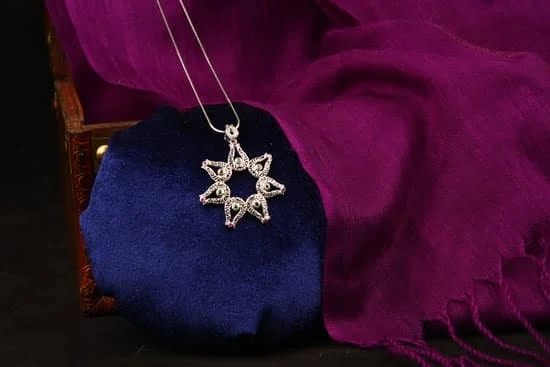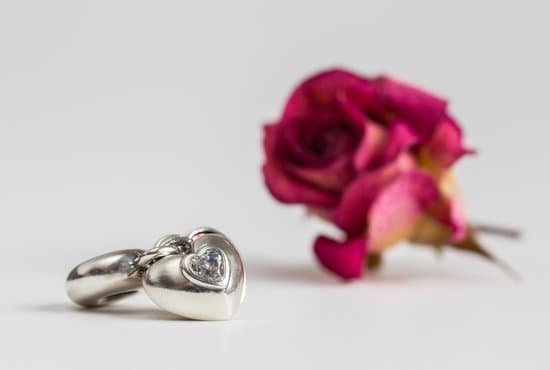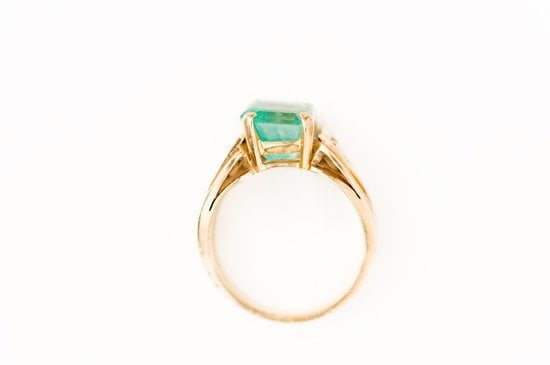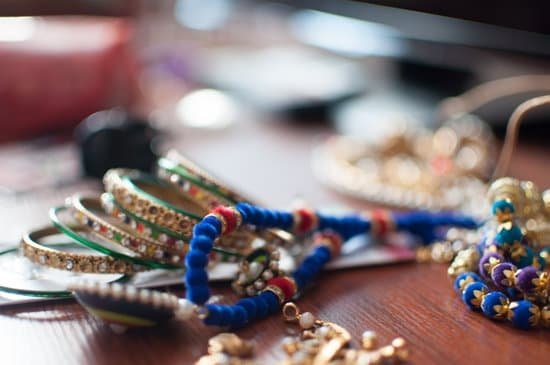Do Piercing Jewelry Have To Be Regulated
There is a lot of debate surrounding the topic of piercing jewelry regulation. Some people believe that it is unnecessary and that the body piercing industry is capable of policing itself. Others feel that more rigorous regulation is necessary in order to protect the health and safety of both the general public and piercing professionals.
No federal agency in the United States currently has purview over the piercing industry. The Food and Drug Administration (FDA) has stated that it does not have the authority to regulate body piercing, as it is considered a form of self-care. The only federal regulation that pertains to piercing is the one that requires that body piercing establishments be licensed by the states in which they are located.
This lack of regulation has led to a great deal of inconsistency from state to state. Some states, such as California, have very rigorous regulations in place, while others, such as Louisiana, have virtually no regulations at all. This can be problematic, as it can lead to a patchwork of inconsistent safety and hygiene standards.
There are a number of professional organizations that have developed standards of care for piercing. These organizations include the Association of Professional Piercers (APP), the International Association of Professional Piercers (IAPP), and the National Association of Ear Piercing (NAEP). However, these standards are not legally binding, and there is no guarantee that all piercing professionals will adhere to them.
There have been a number of cases in which people have suffered serious health complications as a result of poor piercing practices. In some instances, these complications have been so severe that the person has required surgery. In order to prevent these types of injuries, some people feel that more stringent regulation of the piercing industry is necessary.
Others argue that more regulation is not the answer. They feel that the body piercing industry is capable of policing itself and that more regulation will only lead to increased costs and decreased innovation. They also argue that the current system allows for a great deal of consumer choice, as people can choose to go to a piercing studio that has high safety standards or one that does not.
At this point, it is up to the individual states to decide whether or not to regulate piercing. There has been a great deal of debate on this topic, and it is likely that this debate will continue for some time.
De Curtis Jewelry Silver Leaf
Earrings
If you are looking for a unique and stylish pair of earrings, look no further than these De Curtis Jewelry Silver Leaf Earrings. These earrings are made with real silver leaves, which gives them a unique and elegant look. They are perfect for any occasion, and they are sure to get attention wherever you go.
These earrings are also very versatile. They can be worn with just about any outfit, and they will look great no matter what you choose to wear them with. Whether you are dressing up for a special occasion or just want to add a touch of style to your everyday outfit, these earrings are the perfect choice.
If you are looking for a unique and stylish pair of earrings, make sure to check out the De Curtis Jewelry Silver Leaf Earrings. These earrings are sure to impress, and they are a great way to add a touch of elegance to any outfit.
Does Coronavirus Live On Jewelry
When it comes to the coronavirus, there are a lot of unanswered questions. One of the most common questions that people have is whether or not the virus can live on jewelry. This is a valid question, as there is a risk that the virus could be transmitted through contact with jewelry that has been infected.
The good news is that the answer is no – the coronavirus does not live on jewelry. This is because the virus is unable to survive in the environment for very long. In fact, it can only survive for a few hours outside of the body. This means that it is not possible for the virus to live on jewelry for any significant amount of time.
While it is important to take precautions to avoid getting the coronavirus, there is no need to worry about getting it from jewelry. If you are concerned about the virus, it is best to take precautions such as washing your hands regularly and avoiding close contact with people who are sick.
Does Hard Jewelry Accept Debit
Cards
Yes, Hard Jewelry accepts debit cards as a form of payment. We accept all major debit cards, including Visa, Mastercard, American Express, and Discover. We also accept debit cards from all major banks, including Bank of America, Chase, Citibank, and Wells Fargo.
When you use your debit card to make a purchase at Hard Jewelry, your funds will be transferred immediately from your bank account to ours. This means that you won’t have to worry about waiting for a check to arrive in the mail, or about paying a credit card bill at the end of the month.
Debit cards are a great way to pay for your purchases at Hard Jewelry because they are secure and convenient. Plus, using a debit card allows you to earn rewards, such as cash back or airline miles, on your purchases.
If you have any questions about using your debit card to make a purchase at Hard Jewelry, please don’t hesitate to contact us. We’re happy to help!
Can You Legally Make Jewelry Out Of Coins
Yes! You can legally make jewelry out of coins as long as you follow a few simple guidelines. The first step is to determine if the coin is legal tender. Only coins that are legal tender can be used to make jewelry. In the United States, only coins that have a denomination of $1 or higher are legal tender. The second step is to determine if the coin is in good condition. Only coins that are in good condition can be used to make jewelry. Damaged coins cannot be used. The third step is to determine the metal composition of the coin. Only coins that are made of metal can be used to make jewelry. Coins that are made of plastic or other materials cannot be used. The fourth step is to determine the weight of the coin. Only coins that weigh at least five grams can be used to make jewelry. Coins that weigh less than five grams cannot be used. The fifth step is to clean the coin. Coins that are covered in dirt or grime cannot be used. The sixth step is to remove the coin from its packaging. Coins that are packaged in plastic or other materials cannot be used. The seventh step is to remove any writing from the coin. Coins that have writing on them cannot be used. The eighth step is to remove the coin’s edge. Coins that have a smooth edge can be used to make jewelry. Coins that have a textured edge cannot be used. The ninth step is to determine the shape of the coin. Only coins that are in the shape of a disc can be used to make jewelry. Coins that are in the shape of a square or a rectangle cannot be used. The tenth step is to determine the size of the coin. Only coins that are at least 16 millimeters in diameter can be used to make jewelry. Coins that are smaller than 16 millimeters in diameter cannot be used.

Welcome to my jewelry blog! My name is Sarah and I am the owner of this blog.
I love making jewelry and sharing my creations with others.
So whether you’re someone who loves wearing jewelry yourself or simply enjoys learning about it, be sure to check out my blog for insightful posts on everything related to this exciting topic!





